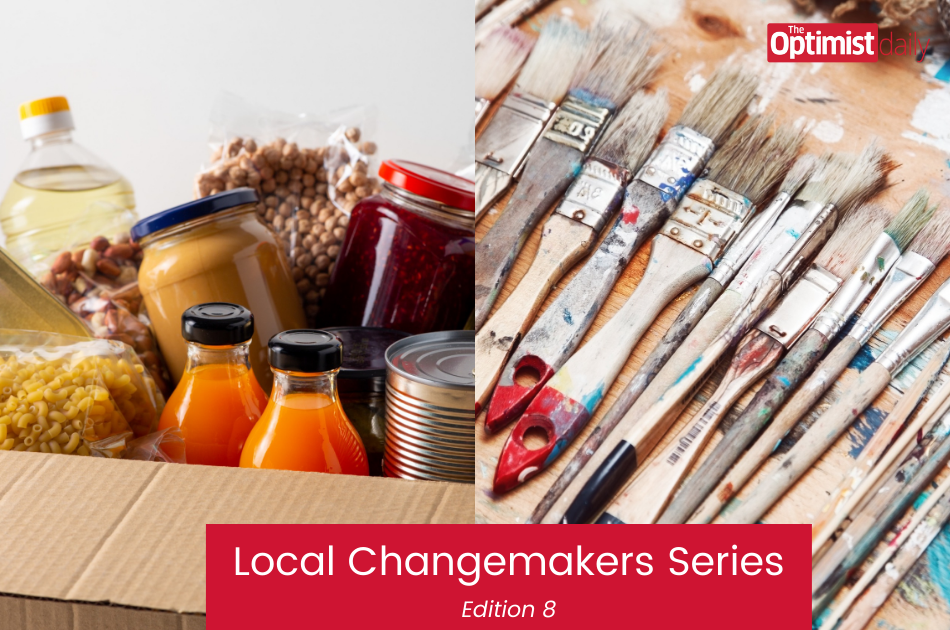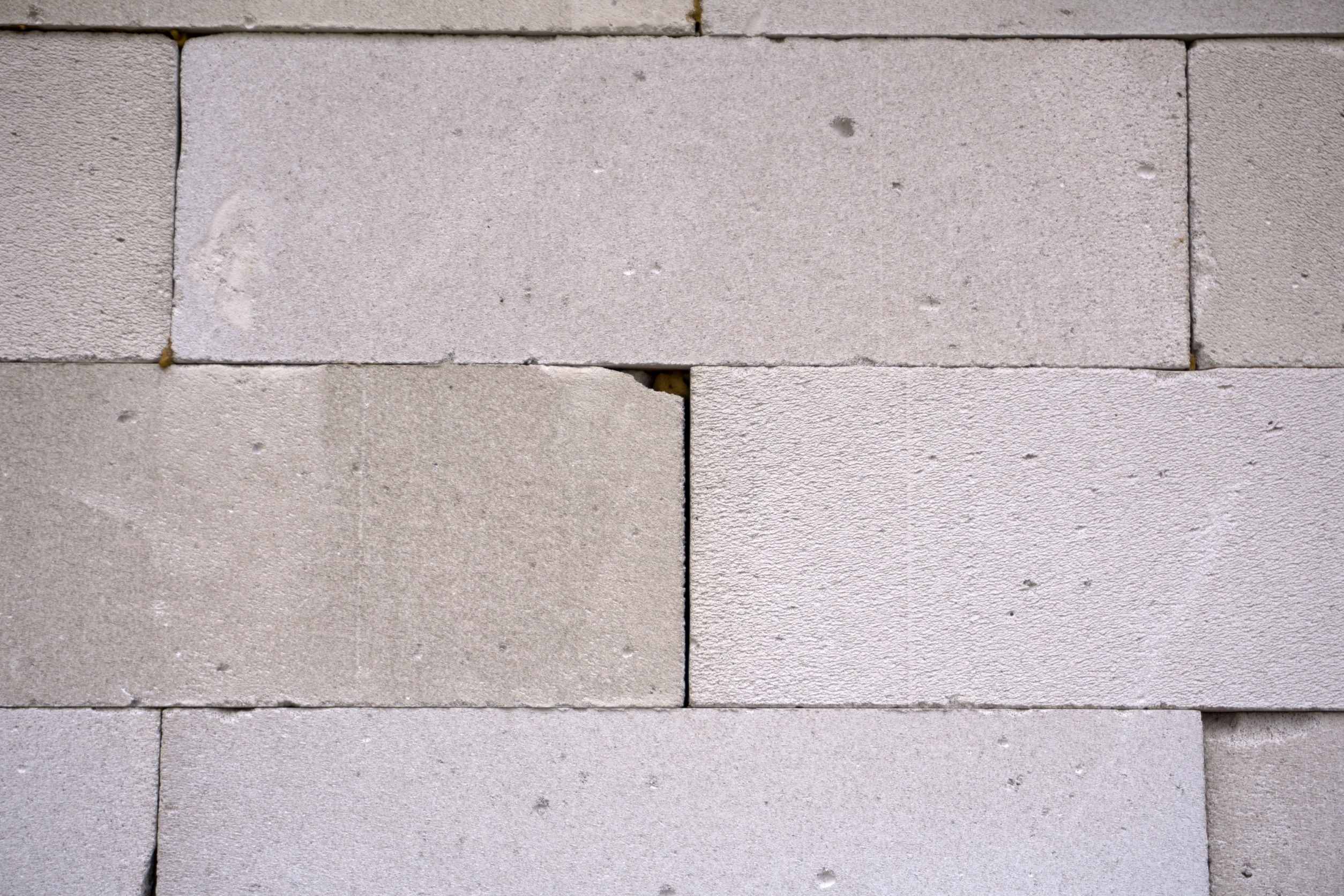50,000 more Californians were welcomed back into the democratic process this election as the state celebrates the passing of Prop 17. The proposition, which passed with support from 59 percent of voters, will allow paroled citizens convicted of felonies to vote.
Previously, those convicted of felonies in California could not vote until their sentence and parole were complete. Prop 17 adjusted this policy on the basis that these voting prohibitions disproportionately affected citizens of color who are already discriminated against within the criminal justice system.
According to the California Department of Corrections and Rehabilitation, 75 percent of men released from California prisons are Black, Latino, or Asian American. The continued exclusion of those who have served their sentences from the democratic process further exacerbates these racial inequalities.
The proposition was written by Assemblyman Kevin McCarty. “Prop. 17 gives Californians the chance to right a wrong and restore voting rights for a marginalized community and people of color,” McCarty told LA Times. “This is good for democracy and good for public safety.”
19 other states currently allow individuals convicted of felonies to vote while paroled and Maine, Vermont, and D.C. allow those convicted of felonies to vote while in prison. A study from the University of Minnesota and New York University showed that paroled citizens are less likely to re-offend if their voting rights are restored. They found that 27% of nonvoters were rearrested, compared with just 12 percent of voters. With the passing of Prop 17, California has embraced a more fair democratic process that more states will hopefully also enact in coming elections.












